World Cup 2018: 45 things we learned in Russia - from Lenin to Leo Messi
Those who have travelled around Russia share their thoughts, observations and quips from an incredible tournament

Your support helps us to tell the story
From reproductive rights to climate change to Big Tech, The Independent is on the ground when the story is developing. Whether it's investigating the financials of Elon Musk's pro-Trump PAC or producing our latest documentary, 'The A Word', which shines a light on the American women fighting for reproductive rights, we know how important it is to parse out the facts from the messaging.
At such a critical moment in US history, we need reporters on the ground. Your donation allows us to keep sending journalists to speak to both sides of the story.
The Independent is trusted by Americans across the entire political spectrum. And unlike many other quality news outlets, we choose not to lock Americans out of our reporting and analysis with paywalls. We believe quality journalism should be available to everyone, paid for by those who can afford it.
Your support makes all the difference.After over a month in Russia, the Independent Sport team is ready to come home from the World Cup.
It has been a voyage of discovery for our brave boys travelling around the various host cities and everything in between.
So we asked them to send over some things they'd picked up along the way - observations, thoughts and learnings.
It should be noted, these are light-hearted and not necessarily meant as academic conclusions:
1) The World Cup: actually, quite good.
Before the tournament, I speculated idly in this column whether the World Cup was still the pinnacle of the game. In terms of standard, I maintain that the very best Champions League games still outstrip it. At times last season, Manchester City played a style of football more intricate and sophisticated than anything we’ve seen in Russia. But in terms of sheer size, scale, scope and drama, its ability to unite nations and bridge worlds, its ability to make hearts flutter and focus billions of eyes on one event, the World Cup is still without equal.
What we’ve rediscovered - certainly in England - is the way major tournaments can change the way a nation sees itself. World Cups are such a big deal these days that it’s not outlandish to describe them as potential turning points in a country’s history and psyche. Brazil’s triple triumph between 1958 and 1970 marked their coming of age as a global power. Germany’s hosting of the tournament in 2006 allowed it to reclaim a submerged patriotism that had lain latent since the Second World War. And the butterfly effects of Croatia’s staggering run to the final on a small country of just four million can only be guessed at. Jonathan Liew
2) International football: all right, you can stay
Meanwhile, the international game emerges from this wild success of a tournament with a certain rejuvenation. Naturally, the club game will resume its primacy in due course. But the Uefa Nations League, despite its ludicrously Byzantine format, is at least preferable to two years of context-free friendlies and dreary qualifying campaigns.
Next summer will see the African Cup of Nations, the Copa America and the Concacaf Gold Cup taking place all at once.
After two decades when international football seemed to be in stasis, in recession, perhaps even in danger, it finally seems to be facing in the right direction. JL
3) Teamwork is still a vastly underrated concept in football
Great players are fine, but if you’re trying to pick winners, give us a great team any day of the week. Spain, Argentina and Germany were all overhyped going into the tournament despite significant internal ructions that ultimately derailed their campaign.
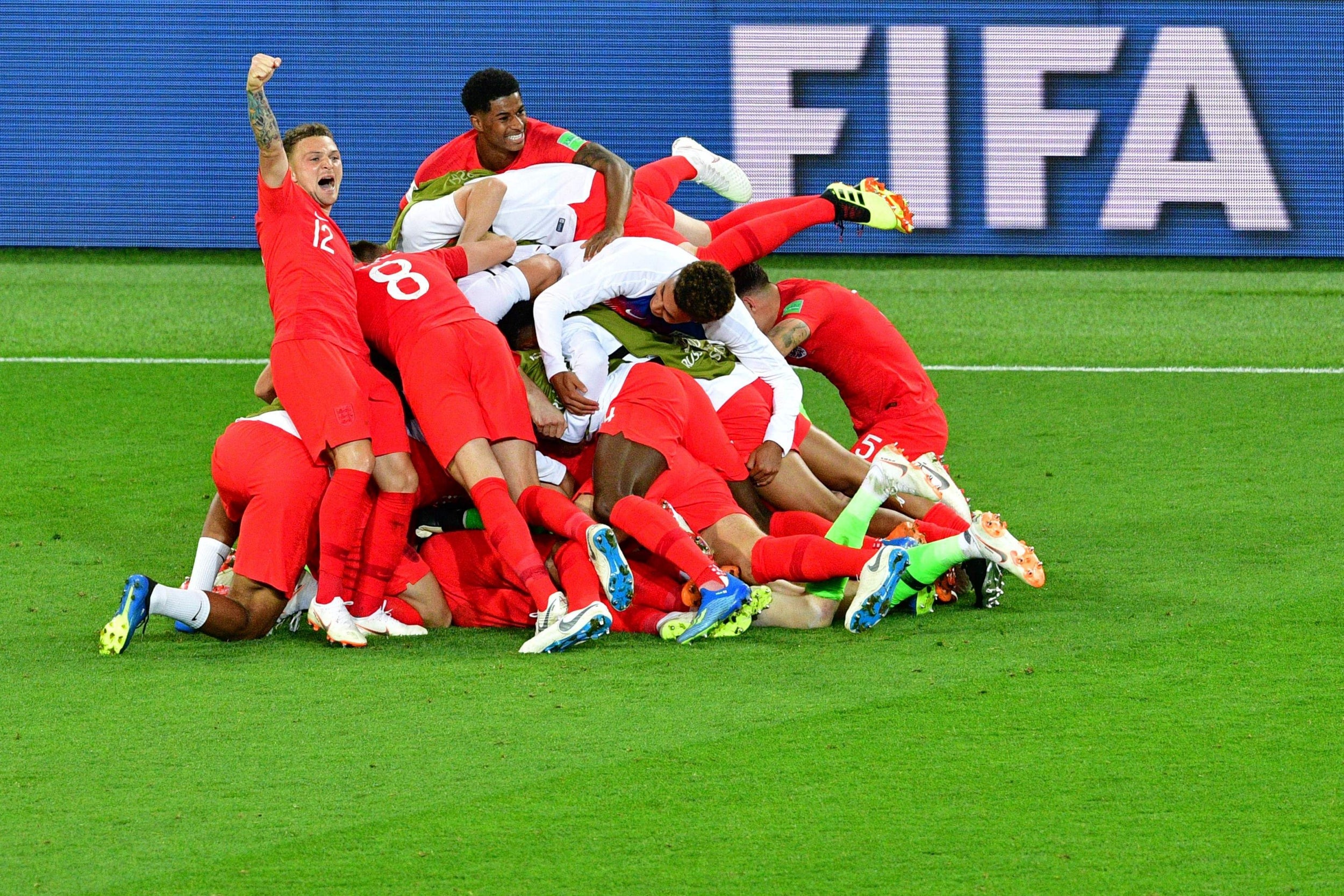
England produced their best performance in their generation in spite of a squad many regarded as their weakest in a generation. Teamwork helped Belgium, Croatia, Sweden and Japan to outperform both their size and previous tournament pedigree. Team spirit is the great intangible: you can’t measure or map it, and it doesn’t always show up until the very biggest moments. And it’s why these tournaments will always be an absolute pain to predict. JL
4) No matter where you are, some things stay the same
Eating at the Red Square McDonalds is sadly much like eating at any other McDonalds.
Mark Critchley
5) Russians love dill. Like, really love dill
At first it's a vague memory - what is that flavour?
You've had it before, you just aren't sure where. Oh yeah, dill, the sort of the thing they chuck on salmon occasionally or whatever but not really a staple. It's not up there with your obvious, everyday herbs; your parsleys, your corianders, your mints, your chives.
Except in Russia where it is used on seemingly any dish without any forethought or concern. Dill dill dill dill dill on absolutely everything dill dill dill dilly dilly dill please someone get me a nice curry I can't take any more of this stuff.
Ed Malyon
6) Russian tap water tastes of blood
You’re not supposed to drink it, but occasionally when you’re showering or brushing your teeth you get a little sip of it, and it tastes extremely sinister. And you complain about the hard water you get in Balham. JL
7) Russian sparkling water tastes like sewers
The medicinal salt-alkaline spring waters of Yessentuki - bottled and available in all good Russian mini-marts - are an acquired taste.
You may buy it thinking it'll be like Perrier but this heavily mineralised and while they're very proud of it, it tastes.... peculiar. That said, it is possible to eventually grow quite fond of the bouquet that comes with such a high concentration of boric acid. MC, EM
8) Don’t define a people by its politicians.

They genuinely do love Vladimir Putin in Russia: you can buy T-shirts with his face on at every metro station. But without wishing to go full Collymore - and you must *never* go full Collymore - there’s a big difference between the obnoxious, delinquent, judo-grappling, horse-riding, Paul Whitehouse character in the Kremlin, and the people over whom he presides.
Pretty much everywhere you go, Russians are cordial, hospitable, generous and funny. Maybe it was just forced World Cup niceness, but I don’t think so.
The couple whose Volgograd flat we stayed in who offered to drive us to the airport and wouldn’t hear of taking payment - at five in the morning! - weren’t doing it for the greater benefit of Mother Russia. They were just really, really sweet. This was the month when Russia and the world collided head-on, and decided they weren’t so bad after all. JL
9) The smiles are genuine, obviously
From immediately arriving in Russia, it became obvious that the general population - especially those outside Moscow - were very aware of perceptions outside the country, and keen to put on the best face possible. Literally.
It was smiles everywhere, and people often going out of their way to help you. MD
10) The language barrier is real...
I've travelled to countries with alternative character systems like Japan, India and Thailand but in all of those countries there was a much higher baseline of English.
Of all the places I've been, Russia has the greatest language barrier that I've ever experienced. By the end of my stay I'd got to grips with the alphabet so kind of knew what the words would sound like but even the most basic of conversations were embarrassingly difficult and it is always a harrowing, embarrassing experience to labour through a situation like that in another country where you just feel so stupid and/or ignorant.
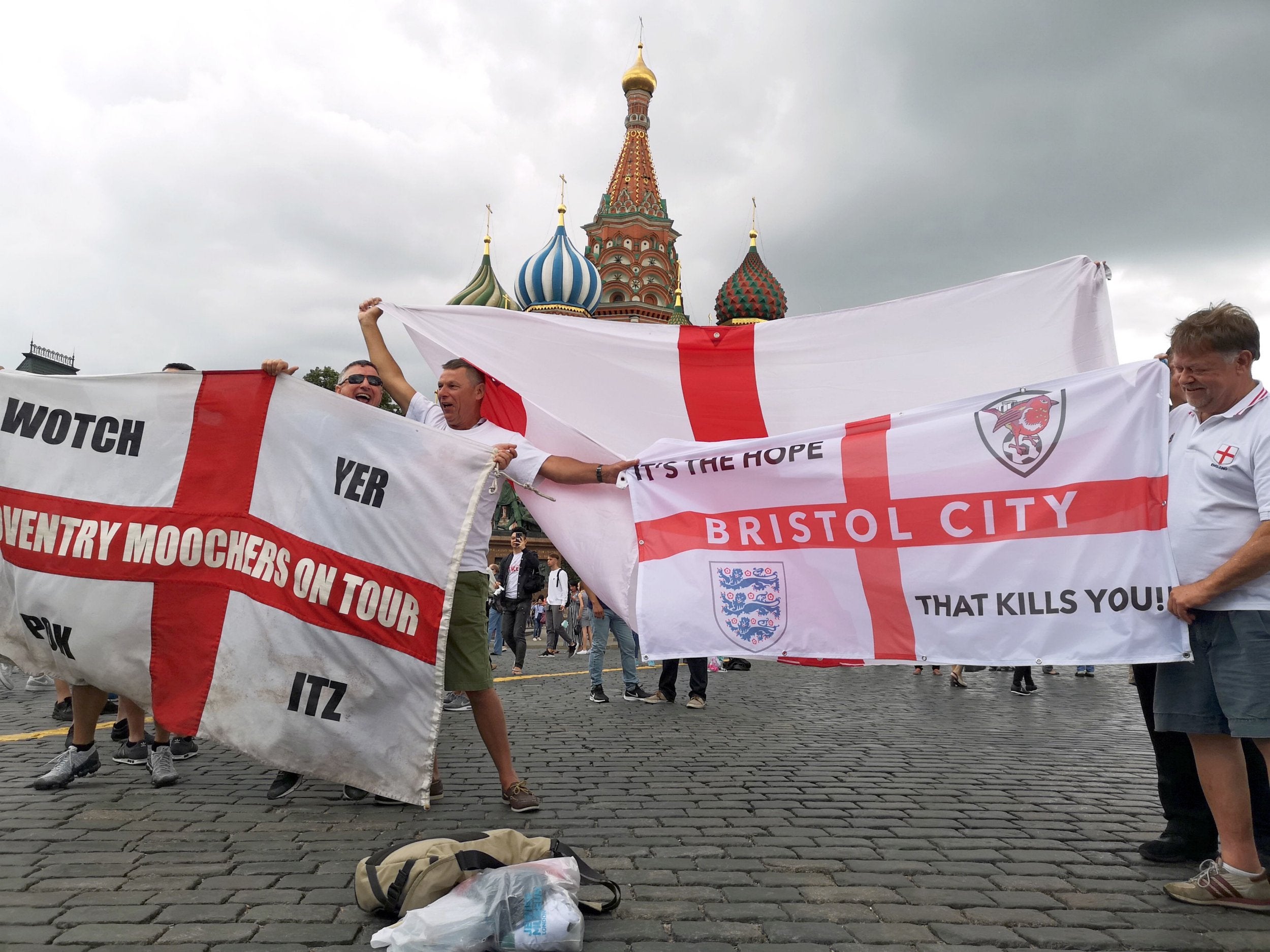
Fortunately most Russians were very understanding and could deal with people pointing to items on menus and just grinning lamely, while Google Translate might have had a bigger tournament than any other app on the planet, but it was difficult thing to overcome and it's hard not to imagine that the language barrier prevents you digging more than surface-deep into Russian culture. EM
11) ...but a little effort goes a long way
No matter how frustrating the conversation, or how difficult it is, Russians will still endearingly laugh if you make the effort of ending it with that one word you definitively know: "spasiba" - "thank you". MD
12) Russian restaurant menus show the weight of the food alongside the price
I'm still to work out the point of this.
Maybe you get a better feel for it over time, but does anyone actually have the faintest idea how much 180g of beef tartare actually is? While we’re on food, main course portions are unacceptably small. This hasn’t prevented me from putting on a stone since I came out here, of course. JL
13) You'll have to take your food when it comes
Many Russian restaurants have menus in the usual lay-out, but whether you get 'starters' as an actual starter, or people get their food at the same time is often pot luck.
Russia's service industry is... different.
Just roll with it. MD
14) Russia has too many big stadiums now
Best of luck to FC Baltika Kaliningrad but they will have a difficult future trying to fill the impressive Kaliningrad Stadium, where England and Belgium played out their strange reserve team match at the end of the group stage.
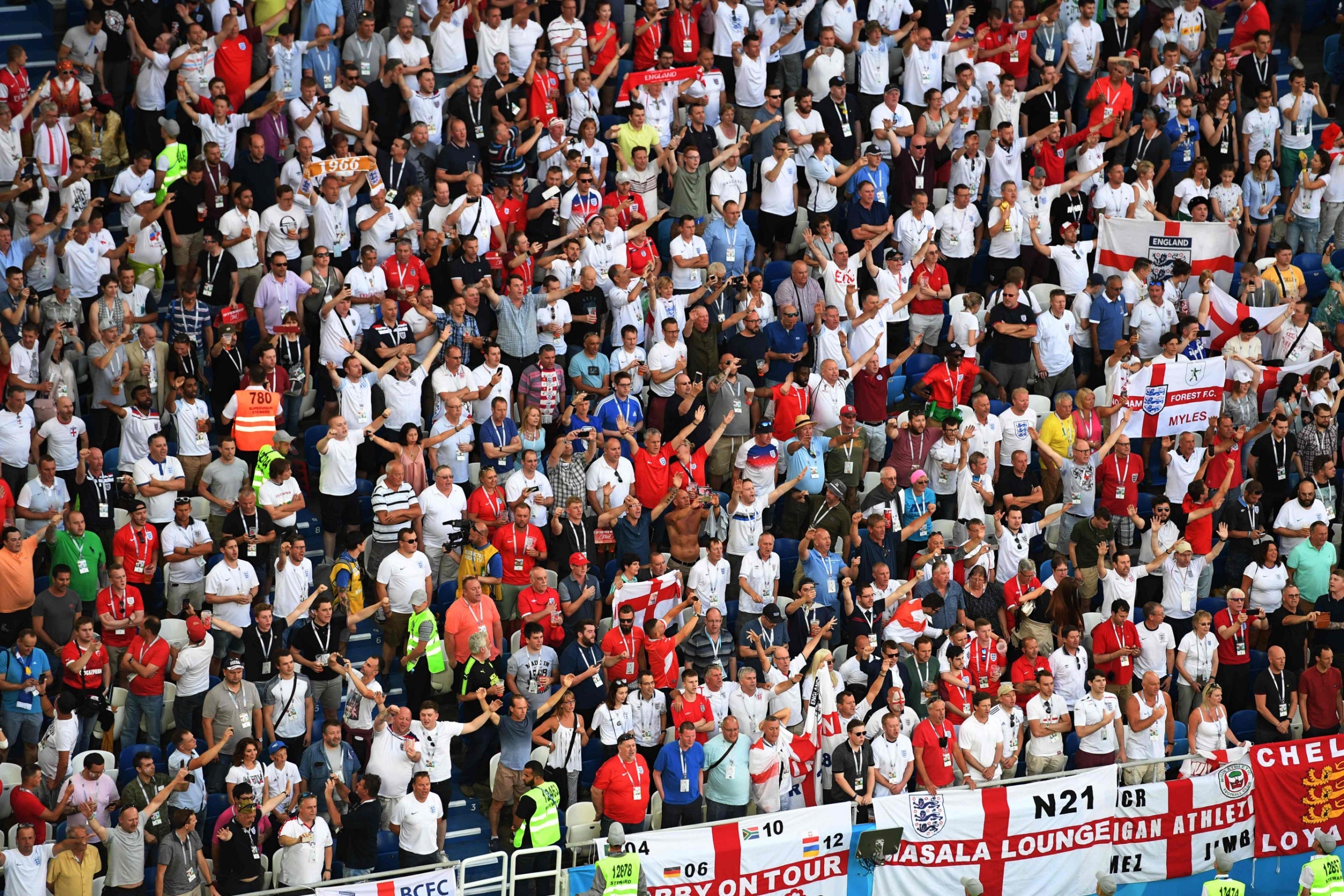
Baltika are just a second division team but they will now move into the isolated white elephant, a stadium that already looks out of place in the unusual mock-Prussian port town, and will be even more so now the World Cup has rolled out of town. The oligarch who built the stadium, Ziyavudin Magomedov, has already been arrested for embezzlement, only adding to the strange feel around the new ground.
Jack Pitt-Brooke
15) Deep down, most people don’t trust what they’re seeing. Deep down, most people don’t really care
Was the 2018 World Cup fixed? There were certainly a few eyebrow-raising performances during the group stage; The Independent’s legal department are reading this with a fine comb, so we’ll leave it there. Was the draw rigged, as Michel Platini finally admitted it was at France ’98? Was there doping? Fifa declared the World Cup totally clean, so we should probably just take their word for it, even though there were numerous teams and players and officials with a well-documented doping history or convictions in their lockers.
But be truthful: did any of this really spoil your enjoyment? Of course it didn’t. JL
16) No prizes for style in the group stage
The easy way out in international football is to park the bus.
Managers don’t get much time with their players so why not just teach them to dig in, be patient and wait for the breaks? It works for Iran, Portugal and Sweden. That’s why it’s so admirable - but also so difficult - when teams like Peru and Morocco try to throw everything at their better-organised group stage opponents.
Both teams played some thrilling stuff. Neither of them got out of their groups. JPB
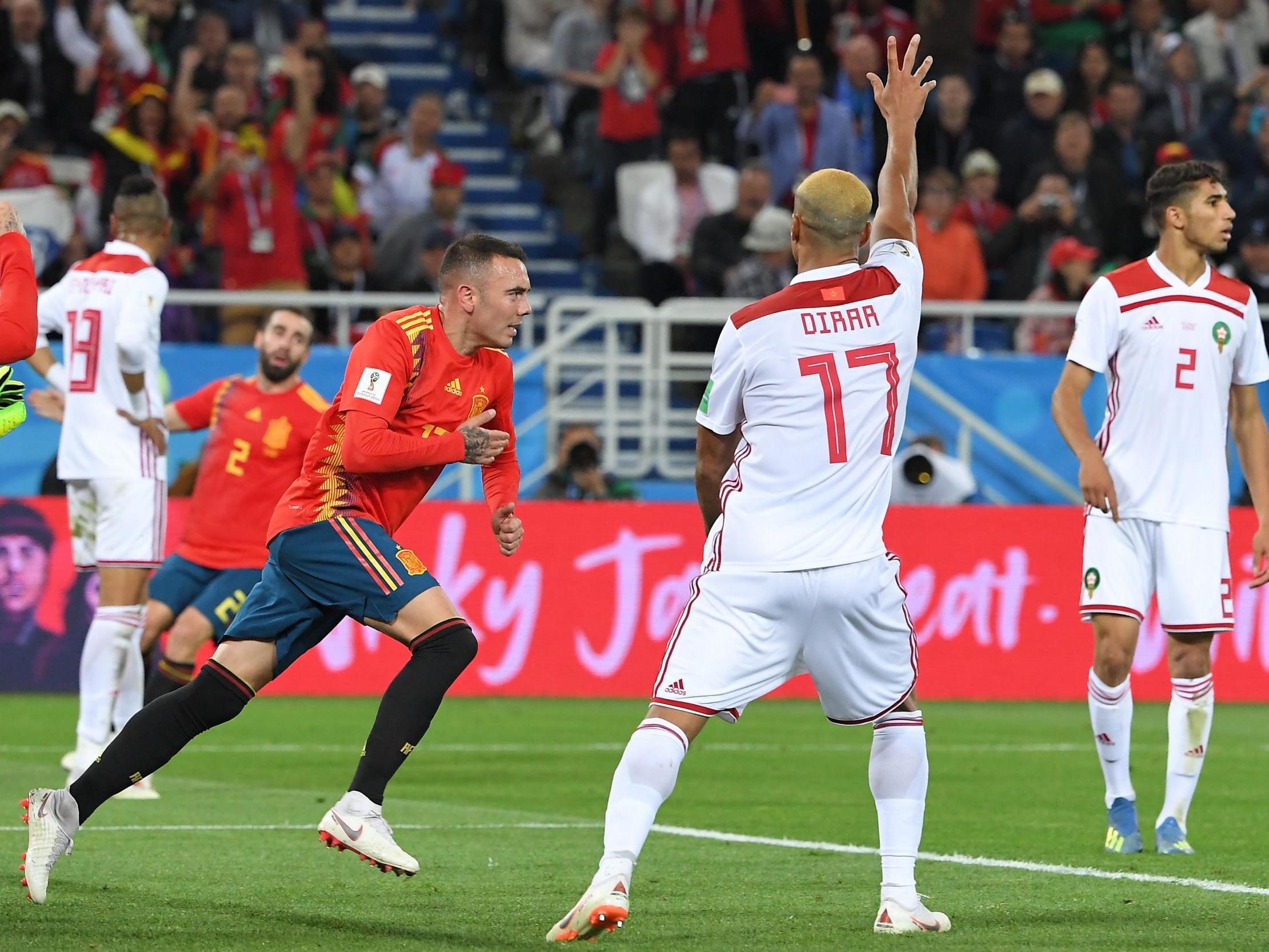
17) Latin Americans make the World Cup what it is
The best thing I experienced outside a stadium during the World Cup was the sight and feel of Nikolskaya Ulitsa, a pedestrianised main street in Moscow, on the opening weekend of the tournament.
Hundreds of thousands of fans from all over had descended on the capital before edging further afield to support their team, and it meant a carnival of colour and song that I really had never expected in Russia. That first couple of days may even have been better than Copacabana during the 2014 tournament because, unusually for Russia, the police stood off and let fans do what they want whereas the Brazilians were much more restrictive.
And the incredible atmosphere in Russia was 99% down to Latin Americans, who travelled in remarkable numbers when Europeans were shunning a World Cup on their own doorstep. Argentina's fans are always outstanding, Peru came en masse, Panama partied their way to the happiest of group-stage exits, Brazil and Colombia filled the streets with canary yellow and Uruguay went further than the rest of them. For them this is the pinnacle, and while Europe has dominated on the field, the off-field winner is Conmebol and its constituent nations, without whom this would have been a quiet month. EM
18) Russian crowds watch football slightly differently to us
Russians formed a significant part of the crowd at virtually every match, puncturing the atmosphere with their chants of “ROSS-I-YA!”, which would invariably kick in around the 10-minute mark. But it was only during Russia games that you truly got to appreciate their doe-eyed, charmingly neotenic conception of the game.
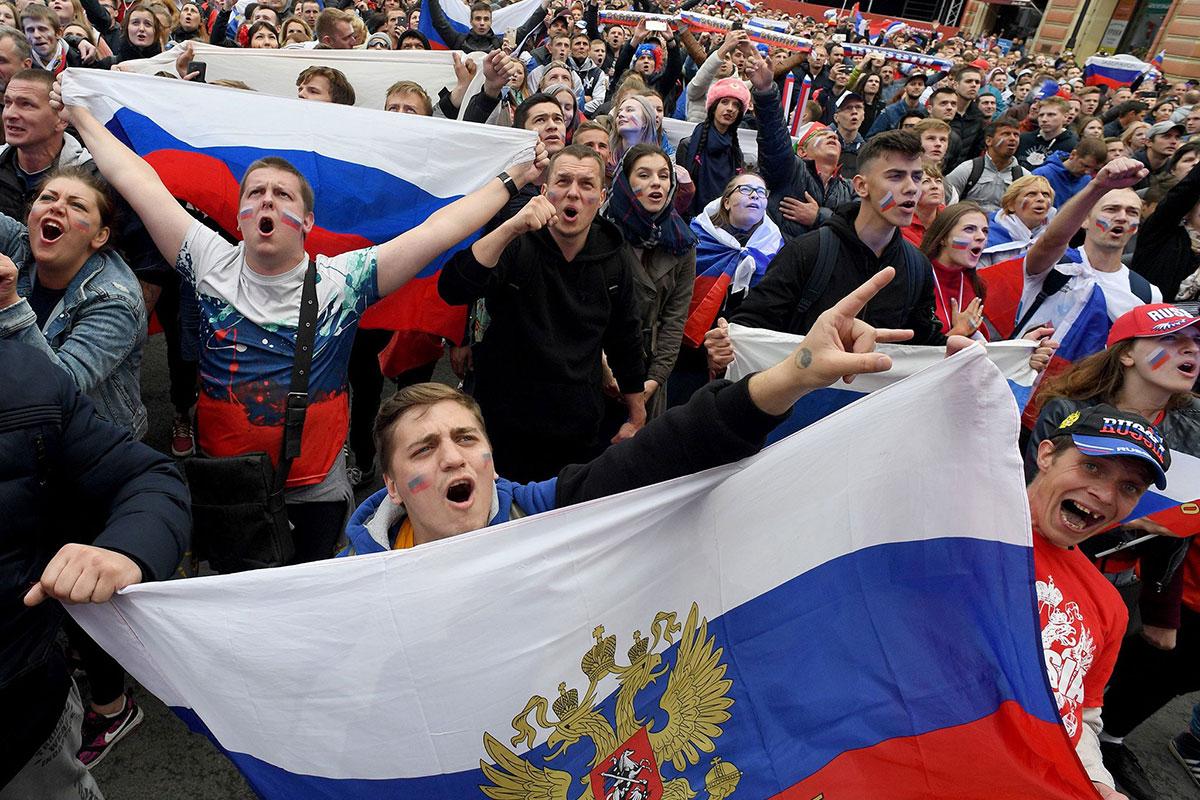
They would cheer every time Russia got the ball, even if it was by their own corner flag, and yet would stay strangely subdued whenever Igor Akinfeev made a good save or one of their defenders made a decent block.
There was near silence when a contentious decision went against them, in stark contrast to the spitting and screeching that normally results.
All in all, it was agreeably strange. Then again, English fans do their nut when they win a corner, so maybe everybody has their foibles. JL
18b) Lots of Russian fans seemed to be part-timers
The crowd at Russian matches didn't always seem the most studied in football, mind.
There were so many occasions when their reactions wouldn't match what was going on on the pitch, when an idle pass 50 yards from goal would be treated like a devastating through ball. More than anything it was annoying when you were writing and suddenly thought you were going to miss something big happening - nope, just a long ball that's gone out for a throw. MD
19) Russian commentators also get very excited in a very cute way about very small things.
I can’t understand much Russian, but for the most part the Russian television commentators seemed knowledgeable, good at recognising players, and well-researched (“Phil Jones, something something, Blackburn Rovers” was a particular highlight during England’s game against Belgium). There was just one really curious thing about them. Whenever the ball went remotely close to the penalty area, usually through a cross, they would go mental. “Udacha!” they would shout out, meaning “Chance!”, at a frenzied volume that would frequently outstrip any shot that resulted.
For Russians, perhaps the potential for a chance trumps the emotional hit of the chance itself. Perhaps there’s a wider parallel to be drawn there, with Russia as a nation, a people resigned to disappointing outcomes, and thus bound in the longing of what might be. But that’s probably nonsense. JL
19b) Russian commentators don’t understand football
If you watch enough football on television, you will know that the commentators’ intonation should be proportional to the goal-threat of any given moment.
Watch games in Russia, though, and you get yelps of excitement whenever the ball passes the half-way line. Even when there are five men back and little chance of a shot on goal. If you are half-watching a game while doing something else, the constant calls to attention take some getting used to. JPB
20) Taxis in Moscow have two speeds; traffic and 100mph
Moscow has surprisingly bad traffic, probably the worst I've ever seen outside Sao Paulo. This leads to two things: 1) lots of time spent in traffic jams when the metro would have been so much quicker, 2) when they aren't stuck in traffic, cabs try to compensate for that time by driving as fast as humanly possible despite the lack of seatbelts or wing-mirror usage.
It was also fairly common to have your taxi driver ensure he wasn't going to get bored by watching TV while driving, or texting, or singing karaoke. Normal stuff. EM
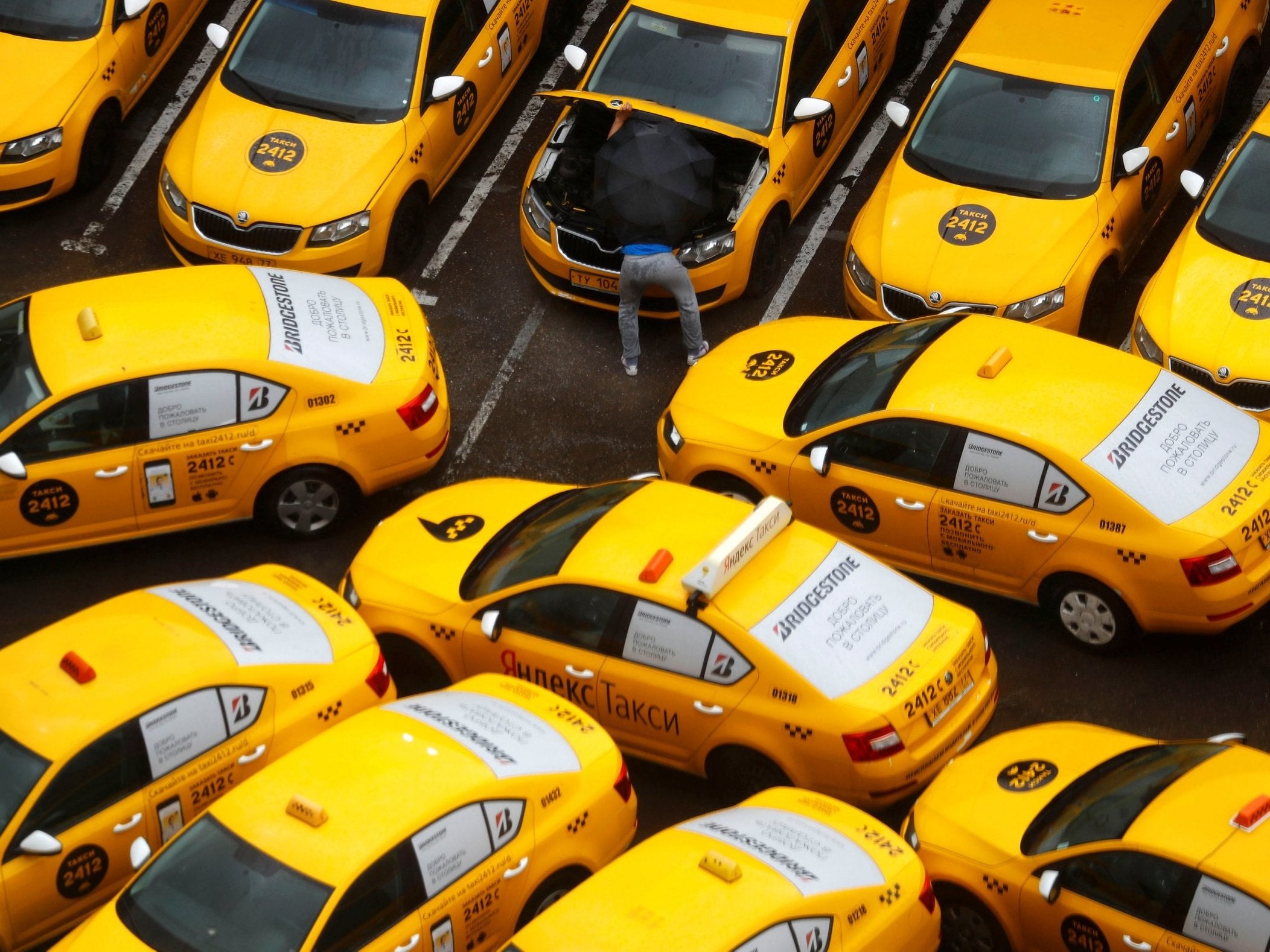
21) Driving is always a wild ride
Russian driving instructors presumably tell their students: “Mirror, signal - yeah go on then, have a look what’s popping in the group chat, don’t worry, we’re only trying to overtake while doing 80mph on the motorway - OK, now you can manoeuvre.”
Lethal stuff. MC
22) Sunrise and sunset are virtually the same thing
It's fairly obvious stuff but when you get this far north and it's the height of summer, the sun goes down at around midnight and is back up by 2am. It means that getting a proper sleep is almost impossible if, for example, you have see-through curtains that don't fully close.
Of all the things purchased in Russia, an eye-mask might have been the one that most improved my time there! I have no idea how Jack coped as far north as Repino. EM
23) They still really like Lenin here
Normally when a regime is overthrown, all its iconography goes with it.
In Russia, however, the glorification of the Communist era has remained largely intact. Moscow toppled a few statues in the early 1990s, but many have since been re-erected, and thousands of giant Lenins still stand proudly all over the country: a sign of Russia’s growing detente with its Soviet past, verging almost on romanticisation. Even Stalin is being rehabilitated: in Volgograd, where England played their opening group game, there is a significant body of public opinion agitating to restore the city’s former name of Stalingrad.
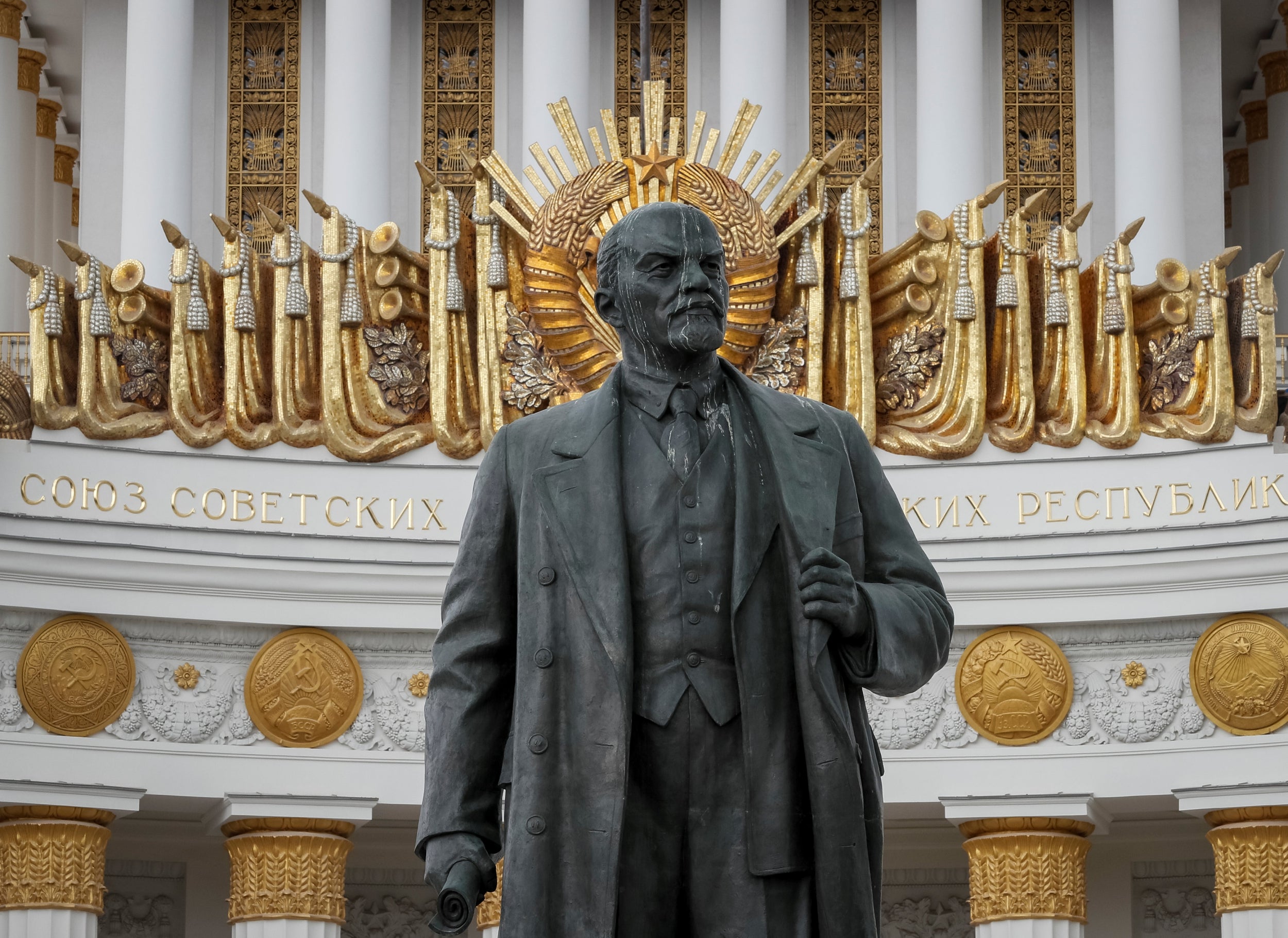
As for big Vlad himself, he remains pickled in a mausoleum in Red Square, where he’s spent the last month lying inert for the delectation of tourists in the shadow of adverts for Budweiser, Visa and Hyundai. It’s… what he would have wanted? JL
24) Lenin's brush with Coca-Cola joy
Outside the Luzhniki Stadium, but within the FIFA FanFest, there is one of Moscow’s many impressive statues of Vladimir Lenin, gazing hopefully into the distance. He rises about the ‘Official Fan Shop’, sponsored by Adidas. To his left are huge advertising stands for Hyundai, Gazprom, Coca Cola, Budweiser and the rest of the World Cup’s official partners.
101 years on from the revolution, it is probably not what he expected. JPB
25) Do not have a nosebleed in a World Cup mixed zone
Unless you want to repulse members of the international media, the helpful but very distressed local volunteers and talkSPORT’s ‘Moose’. MC
26) Russia could make football hooliganism go away if it wanted to. Maybe they don’t want to
If they managed it for a month, why not forever?
Months in advance of the World Cup, the country’s various football hooligan firms all received a terse warning from the security services, promising severe consequences if they turned up and spoiled everyone’s fun. Banning orders and curfews were issued; pre-emptive arrests were made; they’re a little less dainty about civil liberties here, you may have noticed. But it worked: there wasn’t a lick of football-related violence at any of the 12 venues.
What happens now, of course, is anybody’s guess. The ultras haven’t gone away. They’re just waiting it out. JL
27) Europe’s dominance is no longer a blip
All four semi-finalists; a fourth consecutive European winner; a combined record of 21 wins and eight defeats against non-European sides: as the game’s centre of gravity shifts ever more inexorably towards its birthplace, Europe’s dominance is becoming a big problem.
It’s not that the rest of the world aren’t improving; it’s just that the European sides are improving so much faster, with their industrial talent production lines, their greater resources, their concentration of coaching expertise and sports science, the best players coming up against the best players every fortnight. And yet when the World Cup increases to 48 teams, Europe’s representation by percentage will drop further.
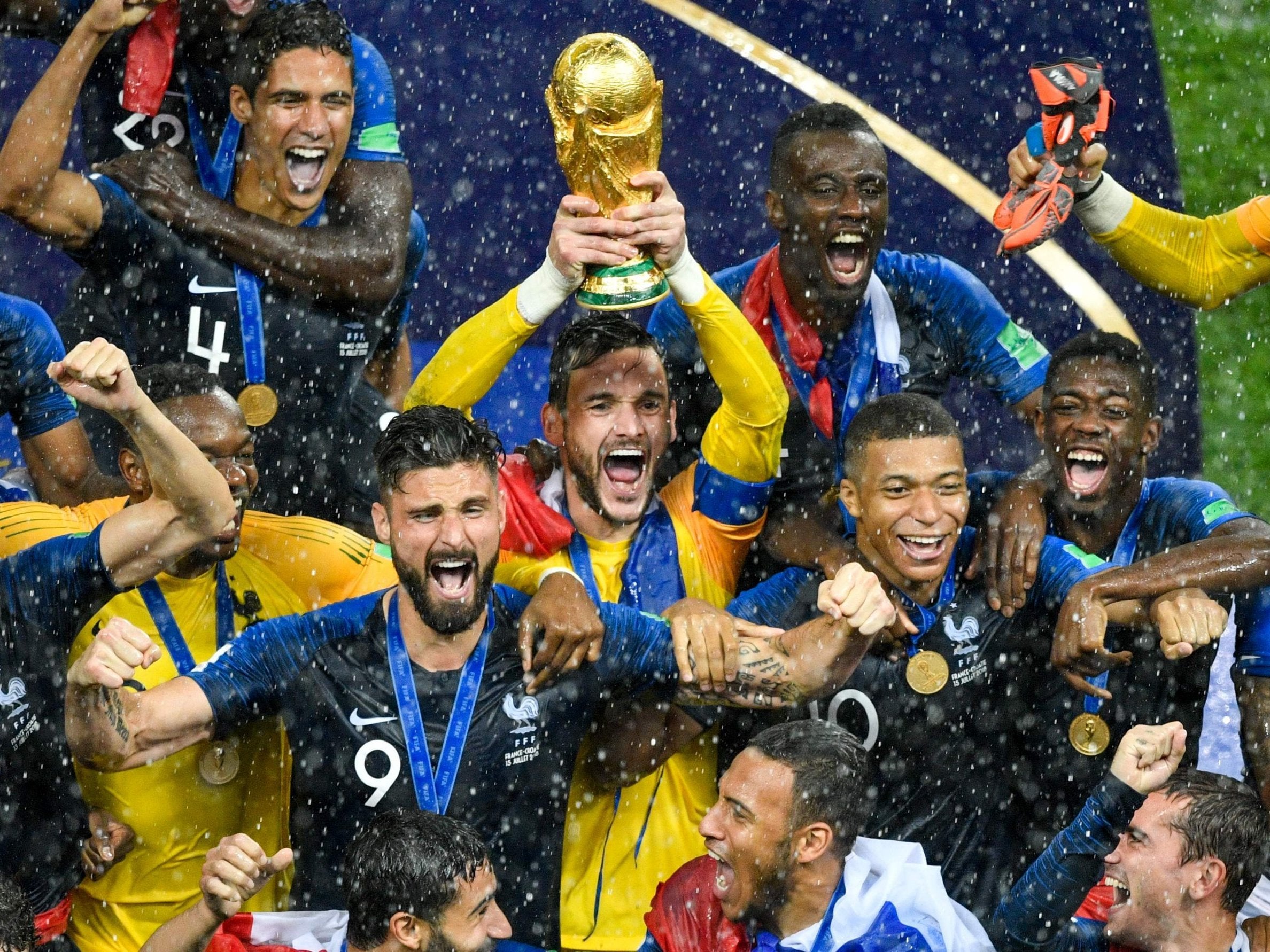
It’s a problem with no easy fix, no short-term solution, one that requires both massive and sustained investment in the developing world and a sea change in attitudes. You may as well try to re-melt the polar ice. JL
28) Yuri Gagarin is ubiquitous
The first time I saw Yuri Gagarin’s face on a t-shirt selling football souvenirs or club merchandise, I wondered if he was a fan of the team in the question.
But when he is on football t-shirts and scarves across the whole country, I belatedly realised the symbolic power he still has all over Russia.
Gagarin was first cosmonaut, the first man into space in 1961, just before the Americans. He still represents Russian innovation and superiority better than anyone else has done since. No wonder sport and wider society are still so keen to co-opt him. JPB
29) Nizhny Novgorod: your next city break!
There was something to love in each of the host cities I visited: Volgograd with its giant military boner and its incredible Second World War museum, Kazan with its majestic mosque overlooking the imposing Volga River, Samara with its Irish pub and easy access to the airport (I wasn’t there long). But by far the most surprising of the lot was Nizhny Novgorod, right in the centre of European Russia. With its winding streets, expansive piazzas and unspoilt architecture, it’s got a vaguely Adriatic feel. There’s a lovely river beach, a thriving craft beer scene and the metro stations have chandeliers in them. Go, go, go. JL
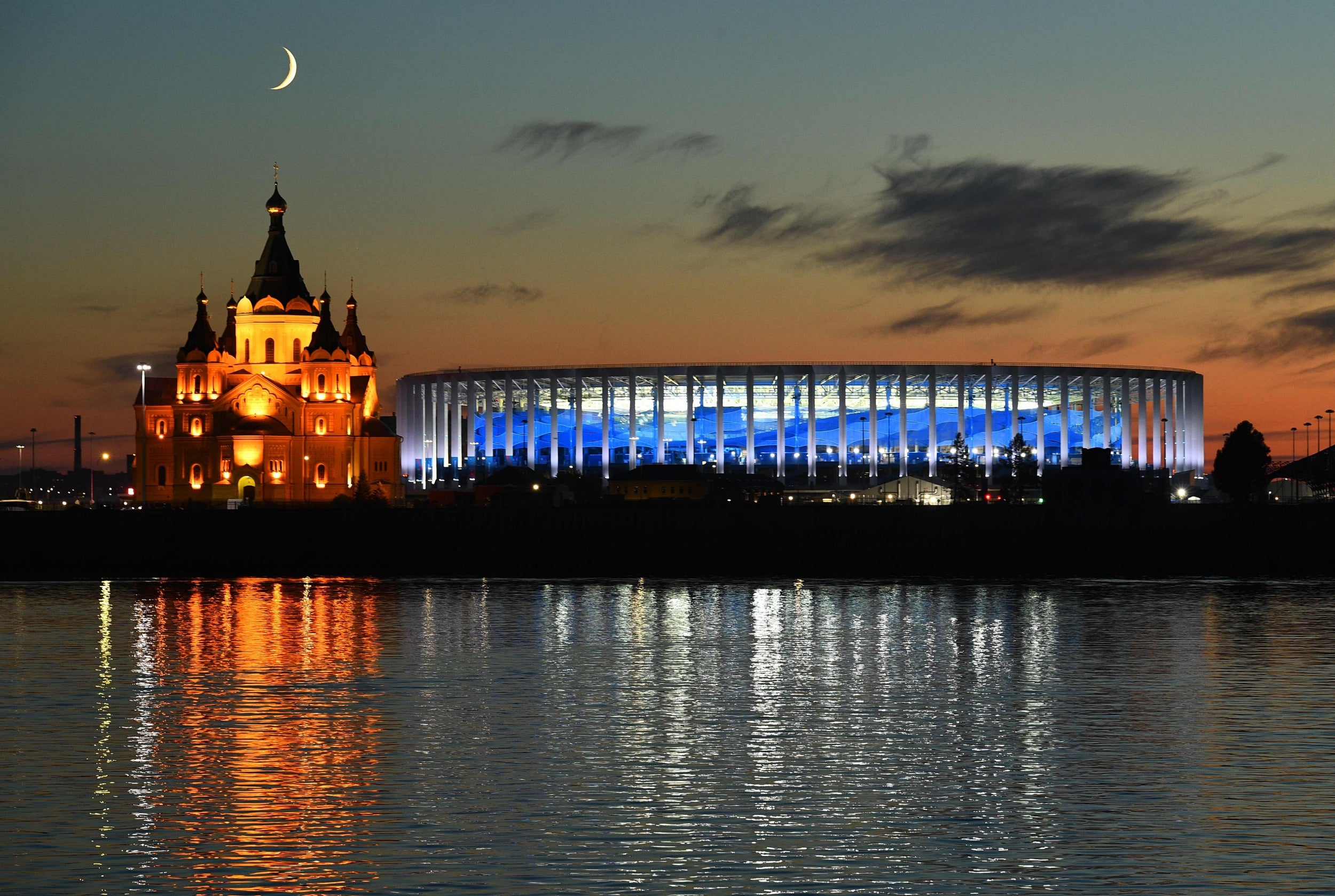
30) Kazan: the place you never thought you'd go but loved nonetheless
As you career through the streets of Kazan you realise that this is a place you never, ever thought you'd visit but you're glad you did.
It is a culturally distinct place to the rest of Russia, a predominantly Muslim city that serves as the capital of Tatarstan. Putin has done a good job of keeping the Tatars from pushing for independence by pumping money into the region and allowing them to have their local culture on show, and 'the cooking pot' is a roasting city of fascinating architecture and a belting new stadium.
It is also a city that will go down as the graveyard of champions; with Brazil, Germany and Argentina - winners of 11 World Cups between them - all being eliminated at the Kazan Arena. EM
31) Zenit (and St Petersburg's) European feel
Spend any time in St Petersburg and you get a sense of the huge potential of Zenit St Petersburg, who should be one of Europe’s top clubs.
Owned by Gazprom, who have built the Gazprom Tower, Europe’s tallest building, they will inherit the futuristic St Petersburg stadium, which is as good as any in Europe. Those resources, and their location, make them the most European-facing of Russia’s clubs, and they have been able to attract top European players and coaches, in the same way that St Petersburg itself was largely built by French and Italian architects.
They should be the club of the future. And yet, the constraints of the struggling Russian league mean they are not as good as they should be. JPB
32) Russian - a beautiful and complex language that takes years to truly master - could really use an indefinite article
“Bottle water, please.”
“One?”
“Yes, one. Do you guys do this all the time?” JL
33) Wi-fi and mobile networks put UK's backwards infrastructure to shame
Russia’s public Wi-Fi/4G coverage is absolutely great and at least a few thousand lightyears ahead of the creaking network in our own country. MC
34) Moscow's metro is outstanding
The stations are vast and impressive, the carriages are largely new and spacious, the wi-fi is free, the plugs and USB charging points are plentiful, the air conditioning actually works, the trains are early and frequent.
I mean, it might not always be like that but Moscow's metro ran like clockwork during the World Cup and put many of its international rivals (I'm looking at you, New York) to shame. EM
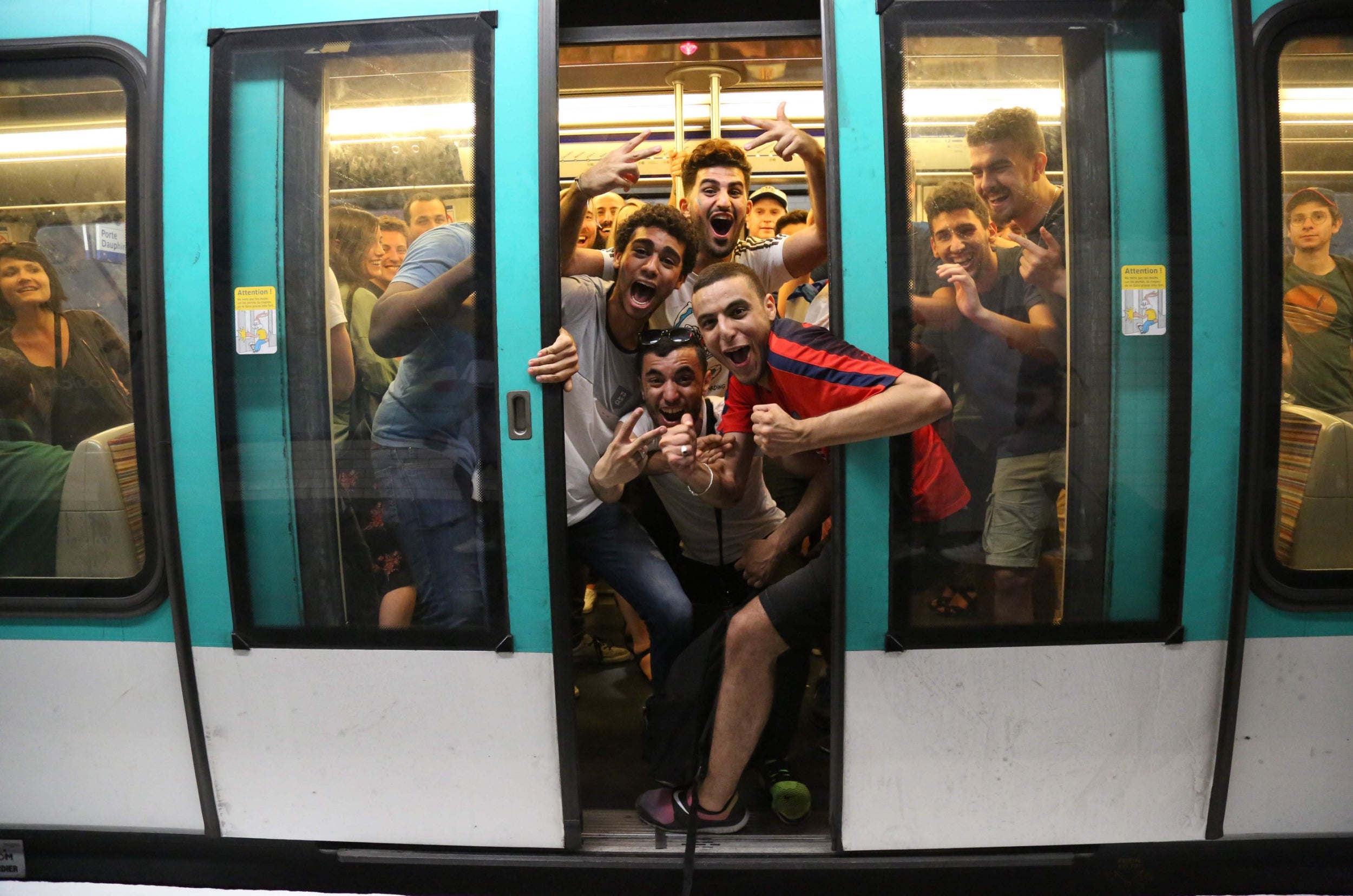
35) All Russian Uber drivers seem to have a rating of 4.2 stars
I don’t know if this is because Russian Uber drivers are particularly haphazard, or Russian Uber users are particularly demanding. But apart from the odd driver trying to watch videos on his phone while hurtling down the motorway at 90kph, no complaints. JL
36) Russian airport process is a little different
Russian airport security doesn't really care so much for the liquid allowance, or whether you'll take your Kindle out.
You will, however, almost certainly be asked to turn on laptops and phones to demonstrate that they are, in fact, laptops and phones. That applies to security checks everywhere, including stadiums. MD
37) You can shop with more... variety
You can buy air rifles in the supermarkets in Russia. And why wouldn’t you? Also add knives, axes and any manner of slightly alarming-looking items behind the glass. MC
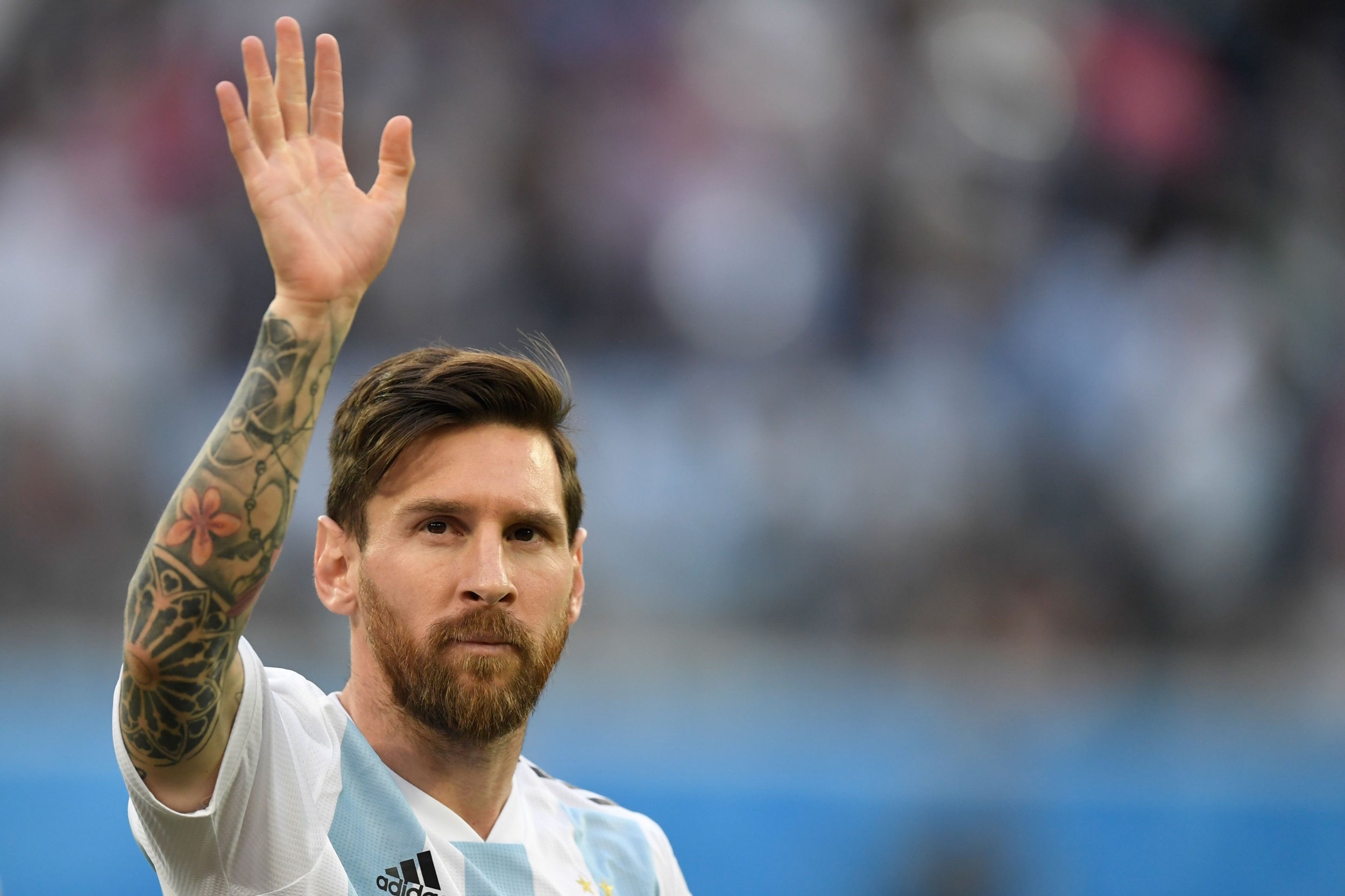
38) Turns out, Lionel Messi didn’t need an international trophy after all
You hear really learned, respectable people saying that Messi needs to win something at international level in order to… well, what? Why? How would Messi winning the World Cup with Argentina tell us anything that we didn’t already know? Would it make him retrospectively better at football? And by the same token, would Messi be a worse footballer if for some reason he ended his career without the World Cup? It’s nonsense.
Football is a team game, sometimes your team-mates are idiots, sometimes your coach is a buffoon, and sometimes the bounce of the ball just goes against you.
It was a mixture of all three here, as a collective loss of identity, conviction and composure saw Argentina scrape into the second round and then drubbed by France. It happens. It’s football. That so many people seemingly need Messi to win a World Cup says more about our need for narrative completism than it ever said about his gifts as a footballer. JL
39) Argentina face the unknown without Messi
Who knows what now for Argentina.
There's a chance that, shorn of the need to feature Messi, they could become a better team in the mould of a post-Zlatan Sweden.
There's also a chance their utterly inept federation and broken youth system sees a drying up of talent presided over by sub-standard coaches and devoid of organisation or planning.
All we know for now is that the future will not involve Jorge Sampaoli , who for all his horrors during this tournament might actually have been the best coach to take this team forward. EM
40) Maradona will never change
Diego Maradona was the LOLZ ROFL LMAO star of the opening few games, his wild celebrations and remonstrations becoming viral catnip for social media's mindless aggregators.
But then it was the racially-insensitive gestures, the collapse that was caused by too much of the white stuff (wine, that is) and the angry criticism of the refereeing in England vs Colombia. As someone who now has an official Fifa role, that was a bit of a no-no and we soon discovered that much of this craziness may even have been put-on (perish the thought!) for an upcoming biopic.
Those who know El Diez well have said that few people can control him and the few who can most often are those who control his access to cash. Those included Adam Lewis of Bwin, who recently tamed Maradona for an advertising campaign centred around the tournament, and Gianni Infantino was considered among that number until Maradona's ref rant - which is also why Diego eventually apologised for those comments. EM
41) Neymar's enigma remains
Watching Neymar play for Brazil, he looks like a man trapped on an emotional rollercoaster. But it is a rollercoaster he has built for himself.
It is not enough for him for Brazil to win, he must be the man to win the game himself. Hence him breaking down in tears after the 2-0 win over Costa Rica, when he was denied the chance to score the opening goal when a penalty decision was overturned by VAR. Then he had to suffer the indignity of seeing Philippe Coutinho open the scoring instead, his own added-time goal meaning nothing to the broader context. It speaks of a similar attitude to leaving Barcelona two years after winning the Champions League to join a Paris Saint Germain side who have never come close.
It makes you wonder how much the team aspect of the game matters to the most gifted player of his generation. JPB
42) We live in the era of the big No9
You weren’t anybody at this World Cup unless you had one.
Olivier Giroud, Mario Mandzukic, Harry Kane, Romelu Lukaku, Artem Dzyuba and Edinson Cavani all made their mark on the tournament in various ways, and proved their worth not simply in weight of goals but in their defensive work and the space they created for team-mates. At this slightly less sophisticated level of the game, there’s nothing like a strapping No9 to snuffle you a goal when you most need it, and teams like Germany and (to a lesser extent) Brazil suffered from their lack of a firing No9.
Germany’s lack of cutting edge was particularly noteworthy, to the extent that it cast their previous success in a subtly new light. Maybe the key to their golden era wasn’t Philipp Lahm or Manuel Neuer or Bastian Schweinsteiger all along. Maybe it was Miroslav Klose. JL
43) VAR may actually not be a total disaster
There were controversies and there were human errors, but no glaring foul-ups, and best of all it was pretty quick.
Still plenty of kinks to be ironed out - most notably making sure people actually have some idea what’s going on - but the VAR-inspired meltdown many foresaw overshadowing the tournament failed, mercifully, to come to pass. JL
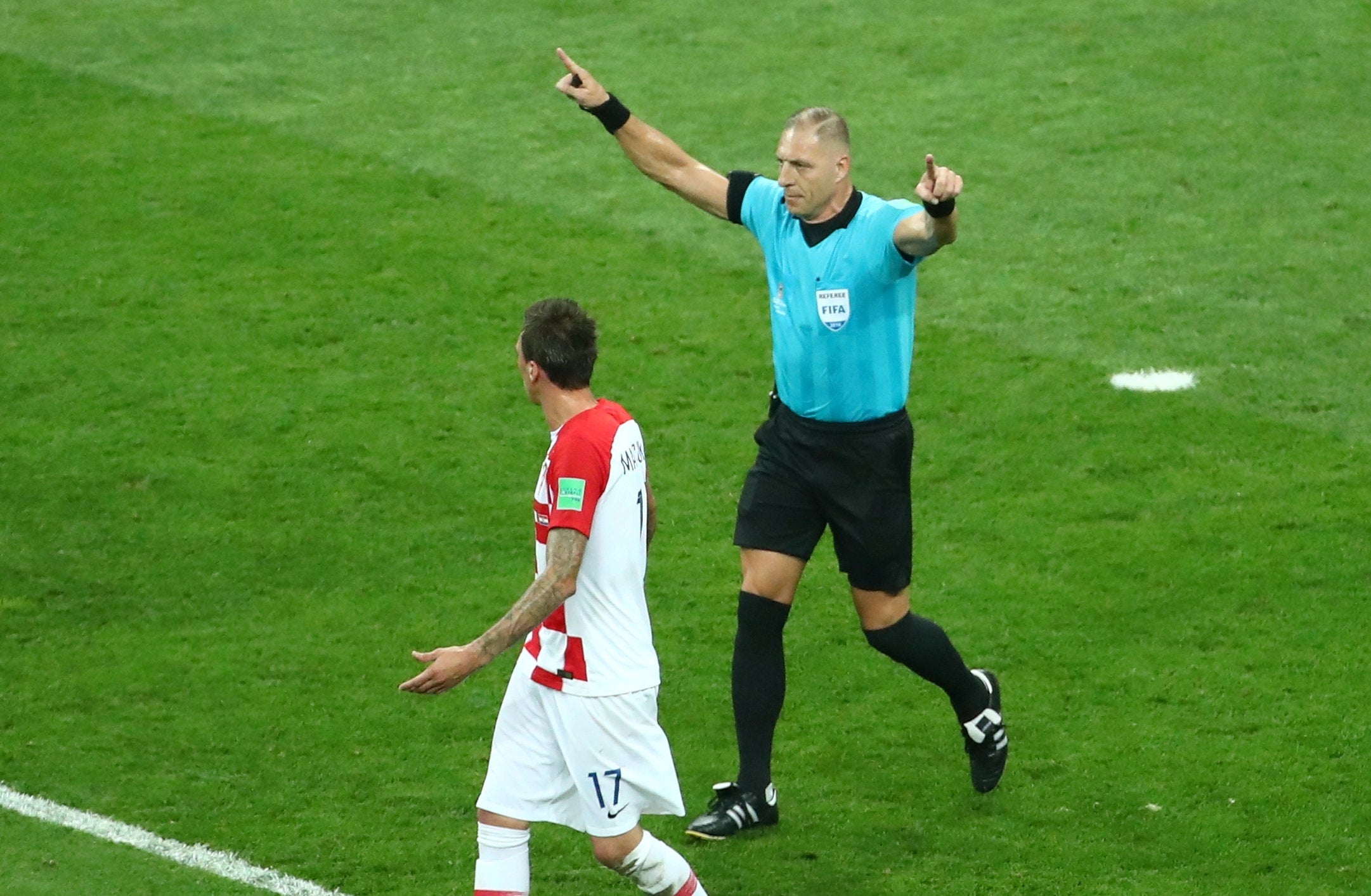
44) Russia is bigger even than you think
This shouldn't be something that's obvious, but doesn't become obvious until, well... the obviousness is made apparent.
It's the vastness of the landscape. It's not something you properly notice until you're flying out of somewhere like Rostov, and just see expanses of fields for as far as the horizon goes.
Little wonder cities of around 1m people stretch out so much. MD
45) Anybody who tells you that you need two days to see the Hermitage Museum is having you on
The St Petersburg landmark is a terrific museum, for sure, but it could use some curation.
First of all: you can’t see everything. It’s just too impossibly vast for that. But here’s the other thing: you actually don’t want to see everything. You don’t even want to see most of it.
There’s too much stuff, and most of it is all the same stuff you see in galleries all over the world, but ten times more of it.
So triage: head straight for the Italian Renaissance stuff, then the Dutch section - Rubens, van Dyck, Bosch - give the Rembrandt room a bit of time, then the Spanish bits, and then that’s pretty much all you need in terms of paintings.
Things to swerve: the whole of Antiquities, anything German, anything French (it’s all pre-Revolution and therefore exceptionally dull), anything British and in fact most of everything else.
But make sure you do check out the Peacock Clock, the last surviving automaton from the 18th century, a wonderfully elaborate mechanical masterpiece that they wind up every Wednesday evening. I ended up missing the entire second half of Germany v South Korea in order to queue up for it. But it was the right decision. JL.
Join our commenting forum
Join thought-provoking conversations, follow other Independent readers and see their replies
Comments